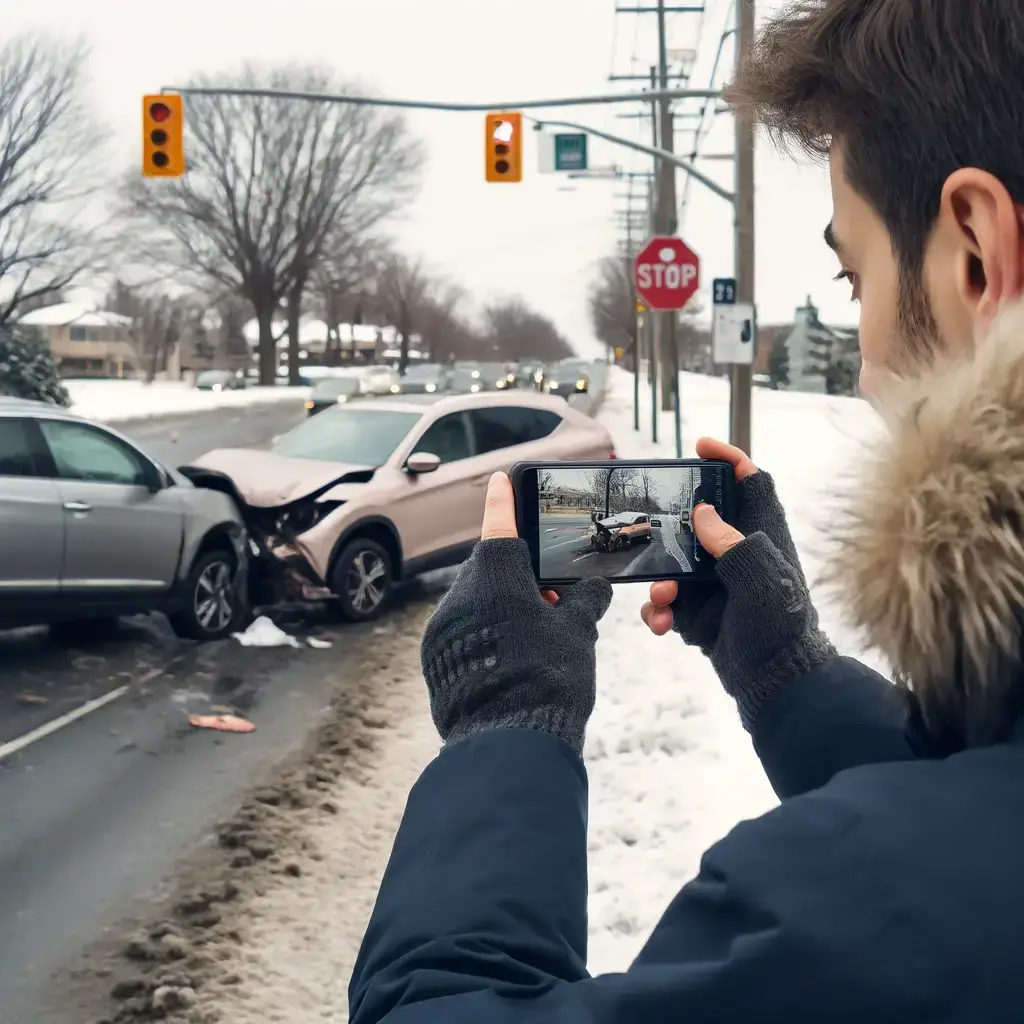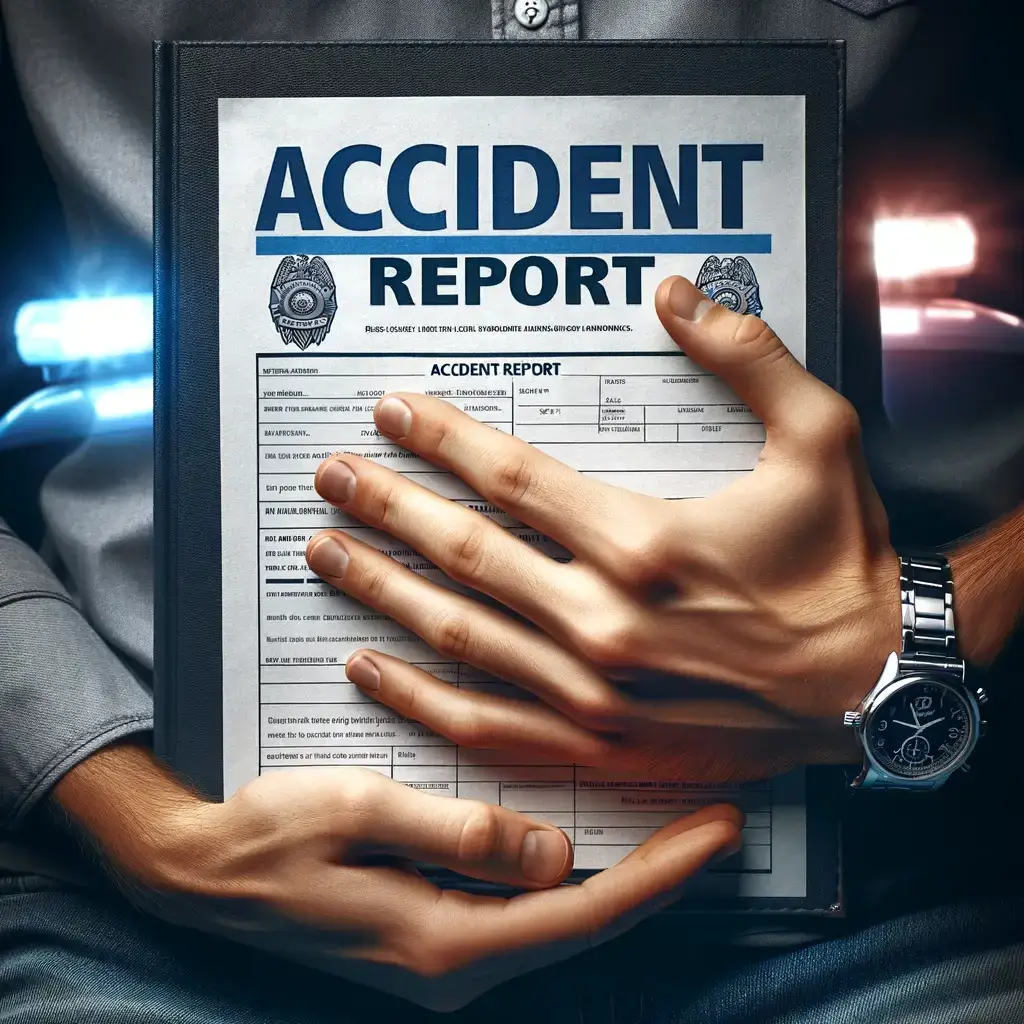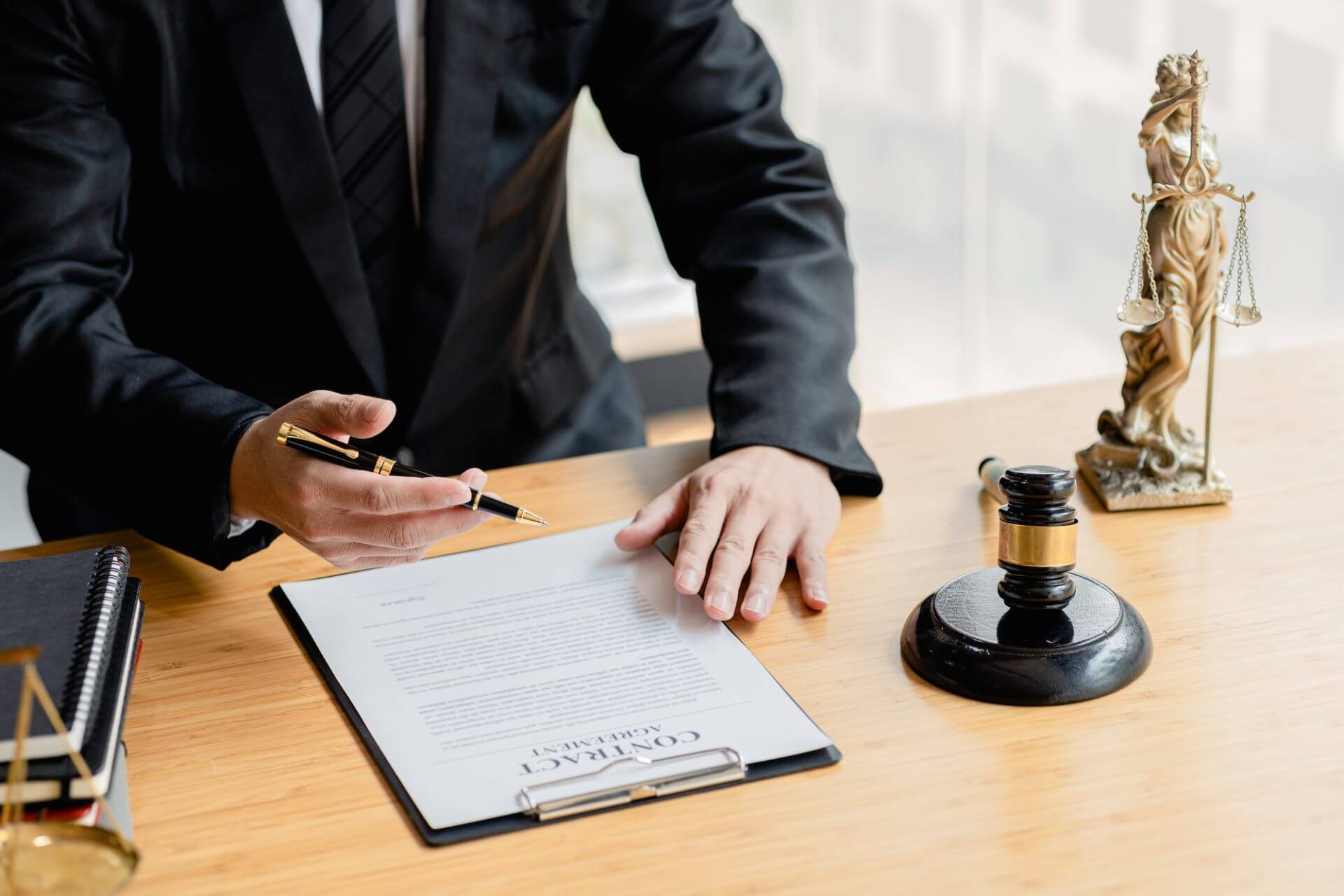If you have been injured due to the negligence of someone else, you may be entitled to a personal injury settlement. Personal injury claims can arise from various situations, such as car accidents, slip and falls, or dog bites. It is essential to understand the value of your personal injury claim and the steps you can take to maximize your settlement amount. By accurately evaluating your claim, preserving crucial evidence, and seeking immediate medical treatment, you can increase your chances of securing fair compensation. Additionally, navigating the settlement process with the help of an experienced personal injury lawyer can greatly enhance your chances of receiving maximum compensation.
Understanding the Value of Your Personal Injury Claim
When pursuing a personal injury claim, it is crucial to have a clear understanding of the value of your case. The value of your personal injury settlement depends on various factors, including the severity of your injuries, the impact on your quality of life, and the extent of your medical expenses, and your time away from work. Evaluating the value of your claim is important as it determines the compensation you should seek. Consulting with a knowledgeable personal injury attorney can help you accurately evaluate your claim and determine the appropriate settlement amount.
How to Accurately Evaluate Your Claim
Accurately evaluating your personal injury claim is crucial to ensure you receive fair compensation for your damages. To evaluate your claim, consider the severity of your injuries and the long-term impacts they may have on your life. Gathering witness statements can also help in accurately assessing the value of your personal injury settlement. Witness statements can provide valuable evidence of the accident scene and support your claim for fair compensation.
Another essential aspect of accurately evaluating your claim is considering future damages. Future damages refer to the medical care, treatment, and long-term impacts your injury may have on your life. An experienced personal injury lawyer can help you assess the potential long-term impacts of your injury and determine the appropriate compensation amount that takes into account your future medical costs and lost income.
It is important to note that the responsible party’s insurance company may offer a settlement, but it may not be in your best interest. Insurance companies often try to minimize the settlement amount to protect their own interests. Seeking legal representation from a personal injury attorney can help you navigate the settlement process and ensure that you receive the maximum compensation you deserve.
Importance of Detailed Documentation
Detailed documentation is crucial when it comes to maximizing your personal injury settlement. Proper documentation of medical treatment is essential to establish the extent of your injuries and the medical expenses incurred. Medical records, including reports, bills, and treatment plans, provide valuable evidence of the damages caused by the accident.
In addition to medical records, documenting the accident scene is also vital. This includes taking photographs of the scene, the vehicles involved, and any visible injuries or property damage. Detailed documentation of the accident scene can strengthen your personal injury claim by providing visual evidence of the circumstances surrounding the accident.
Another important document to include in your personal injury claim is the police report, especially if law enforcement was called to the scene of the accident. The police report provides an objective record of the incident and can support your claim for fair compensation.
Gathering evidence, such as medical records, accident scene documentation, and the police report, is crucial for reaching a fair settlement in your personal injury case. The more detailed and comprehensive your documentation, the stronger your case will be when negotiating with the insurance company or presenting your claim in court.

Steps to Preserve Crucial Evidence
Preserving crucial evidence is essential to building a strong personal injury case and maximizing your settlement amount. By taking the following steps, you can ensure that important evidence is not lost or compromised:
- Preserve physical evidence: Keep any damaged property, such as a vehicle or personal belongings, in their current condition. Do not repair or alter anything until it has been properly documented.
- Collect witness statements: If there were witnesses to the accident, gather their contact information and statements. Witness testimonies can provide valuable evidence to support your claim.
- Take photographs: Document the accident scene, injuries, and property damage through photographs. This visual evidence can be compelling during settlement negotiations or in court.
Importance of Timely Collection of Evidence
The timely collection of evidence is crucial in personal injury cases. It is important to gather evidence as soon as possible after the accident to ensure its accuracy and relevance.
One important reason for prompt evidence collection is the statute of limitations, which sets a time limit for filing a personal injury lawsuit. The statute of limitations varies depending on the jurisdiction and the type of claim. Failing to collect evidence in a timely manner may result in the inability to pursue legal action and seek compensation.
Collecting evidence from the accident scene is particularly important, as key pieces of evidence can deteriorate or disappear over time. Photographs of the accident scene, vehicle damage, and any visible injuries should be taken as soon as possible.
Witness statements also play a crucial role in personal injury cases, but memories fade with time. Collecting witness statements promptly after the accident ensures the accuracy and reliability of the information. Witness statements can provide valuable testimony in court or during settlement negotiations, helping to establish liability and the extent of damages.
Types of Evidence in Personal Injury Claims
In personal injury claims, various types of evidence can strengthen your case and increase your chances of obtaining a fair settlement. Here are the key types of evidence to consider:
- Medical attention and treatment: Medical records, bills, and reports documenting the treatment you received for your injuries.
- Property damage: Photographs of the damage to your vehicle, personal belongings, or other property as a result of the accident.
- Scene of the accident: Pictures of the accident scene, skid marks, debris, and other physical evidence that may help reconstruct the events of the accident.
- Witness statements: Statements from individuals who witnessed the accident or have knowledge of the circumstances surrounding it.
- Police report: A report prepared by law enforcement officers detailing the accident, including witness statements, the officer’s observations, and any citations issued.
- By gathering and presenting these types of evidence, you can strengthen your personal injury claim and increase the likelihood of receiving fair compensation for your damages.
Necessity of Immediate and Continued Medical Treatment
Seeking immediate and continuing medical treatment is crucial after sustaining a personal injury. Immediate medical attention ensures that your injuries are properly diagnosed and treated, and helps establish the link between the accident and your injuries.
Medical treatment plays a vital role in your personal injury settlement. Proper medical records, treatment plans, and bills serve as evidence of the extent of your injuries and the financial impact they have had on your life.
It is important not to delay seeking medical treatment, as insurance companies often use any gaps in treatment to argue that your injuries are not as severe as claimed. By seeking prompt and continuing medical care, you not only prioritize your health and well-being but also strengthen your personal injury claim.
Role of Medical Records in Personal Injury Settlement
Medical records play a crucial role in determining the value of your personal injury settlement. They provide objective documentation of your injuries, treatment received, and the financial expenses associated with your medical care.
Gathering comprehensive medical records, including reports, bills, and treatment plans, is essential when negotiating a settlement with the at-fault party’s insurance company. These records serve as evidence of the severity of your injuries and the medical expenses incurred.
Medical expenses, including the costs of hospital stays, surgeries, medication, therapy, and future medical treatments, should be included in your claim for compensation. The medical records highlighting these expenses will help establish the financial impact of your injuries and support your claim for fair compensation.
In addition to establishing the medical expenses, medical records also show the extent of your injuries, the treatment you received, and the impact of the injuries on your life. These records are crucial for accurately evaluating your claim and ensuring that your settlement amount reflects the full extent of your damages.
Impact of Delayed Treatment on Your Claim
Delaying medical treatment can have a significant impact on your personal injury claim. Insurance adjusters may argue that the delay in seeking medical attention indicates the injuries were not as severe as claimed, potentially leading to a lower settlement offer.
Prompt medical attention is crucial to documenting the full extent of your injuries. The longer you wait to seek treatment, the more difficult it becomes to establish the direct link between the accident and your injuries. By seeking medical attention immediately, you ensure that your injuries are properly diagnosed, treated, and documented.
Waiting to seek medical treatment can also delay your recovery process and prolong the time it takes to reach a fair settlement. It is essential to seek medical attention as soon as possible after an accident to not only protect your health but also strengthen your personal injury claim and increase your chances of receiving fair compensation.

The Role of Social Media in Personal Injury Cases
In today’s digital age, social media has become an integral part of our lives. However, it is crucial to understand the potential implications of social media activity on your personal injury case and the settlement process.
Social media posts can be used against you during settlement negotiations or in court. Insurance companies and their adjusters often monitor claimants’ social media accounts to gather information that may undermine their injury claims. It is, therefore, important to be cautious about the information you share online and how it may impact your case.
The Risks of Sharing Information Online
Sharing information about your personal injury case on social media can be risky. Insurance companies and their adjusters may use your social media posts to dispute your injury claim, diminish the severity of your injuries, or challenge your credibility.
Even seemingly innocent posts can be twisted to portray your injuries in a different light. For example, if you claim a back injury but post pictures of yourself engaged in physical activities, the insurance company may argue that your injuries are not as severe as alleged.
To protect your case, it is best to avoid discussing your accident, injuries, or legal process on social media platforms. Refrain from posting updates, photos, or comments related to your personal injury case until the process is complete. By exercising caution on social media, you can minimize the risk of damaging your claim.
Protecting Your Case on Social Media
While social media can pose risks to your personal injury case, there are steps you can take to protect your interests:
- Adjust your privacy settings: Limit the visibility of your social media posts to trusted friends and family, rather than the general public or unknown individuals.
- Refrain from accepting friend or follow requests: Be cautious about accepting new friend or follow requests from individuals you do not know, as they may have hidden agendas.
- Avoid social media activity related to your case: During the settlement process, it is best to refrain from posting any content that could potentially be used against your case, even in private messages.
- Seek guidance from your attorney: Consult with your personal injury attorney on the best practices for managing social media during your case. They can provide advice tailored to your situation and ensure you do not jeopardize your claim.
- By being mindful of your social media activity and taking appropriate precautions, you can protect your case and increase the likelihood of a favorable settlement.
Effectively Negotiating with the Insurance Company
Negotiating with the insurance company plays a crucial role in maximizing your personal injury settlement. Insurance companies have adjusters who are skilled at minimizing settlement offers in order to protect their company’s profits. However, with the right approach, you can effectively negotiate for the compensation you deserve.
Understanding Insurance Company Tactics
Insurance companies often employ various tactics to reduce settlement amounts and minimize their liability. Understanding these tactics can help you navigate the negotiation process more effectively.
One common tactic is offering a low settlement amount as the first offer. Insurance adjusters may do this in the hope that you will accept the offer without fully understanding the value of your claim. It is important to remember that the first offer is usually lower than what you deserve, and therefore, it is crucial to counter with a higher demand.
Another tactic used by insurance companies is questioning the necessity of certain medical treatments or disputing the severity of your injuries. They may try to argue that your injuries are pre-existing or unrelated to the accident. It is essential to provide strong evidence, such as medical records and expert opinions, to counter these arguments and support the full extent of your injuries.
Insurance adjusters may also attempt to pressure you into accepting a low settlement offer by emphasizing the potential risks of going to trial or the time and effort required for legal proceedings. It is important to remain firm in your desire for fair compensation and seek legal guidance to navigate the negotiation process successfully.
By understanding these insurance company tactics and working with an experienced personal injury attorney, you can effectively counter low settlement offers and negotiate for the maximum compensation you deserve.
How to Counter Low Settlement Offers
When faced with a low settlement offer, there are steps you can take to counter and negotiate for a fair settlement:
- Respond with strong evidence: Present compelling evidence of your damages, including medical records, bills, and testimony from medical experts, to support the value of your claim. This evidence can help justify your demand for a higher settlement amount.
- Seek legal counsel: Consult with a personal injury attorney to assess the fairness of the offer and develop a negotiation strategy. An experienced attorney understands the legal system and can advocate for your best interests.
- Avoid accepting the first offer: It is crucial not to accept the first settlement offer without fully evaluating the value of your case. The initial offer is often lower than the maximum compensation you may be entitled to, so it is important to negotiate for a fair settlement.
- Consider the long-term implications: Before accepting any settlement offer, carefully evaluate the potential future damages and ongoing medical expenses related to your injuries. Taking into account the full extent of your damages, including physical, emotional, and financial, will help ensure a fair settlement.
- By proactively countering low settlement offers and seeking legal assistance, you can improve your chances of reaching a settlement that reflects the maximum compensation you deserve.

Considering Future Damages in Your Settlement
When pursuing a personal injury settlement, it is essential to consider the potential future damages resulting from your injury. Future damages refer to the medical care, treatment, and long-term impacts your injury may have on your life.
Evaluating Potential Long-Term Impacts of Your Injury
Evaluating the potential long-term impacts of your injury is crucial in determining the value of your personal injury settlement. Consider how the injury may affect your quality of life, your ability to perform daily activities, or your need for ongoing medical care, physical therapy, or rehabilitation. In cases such as traumatic brain injuries, the long-term impacts may be particularly significant.
Factoring in Future Medical Costs and Lost Income
When calculating the value of your personal injury settlement, it is important to factor in future medical costs and lost income. Anticipate the expenses you may incur for future medical treatments, therapy, or rehabilitation. Additionally, consider the potential loss of income resulting from your injury, both in the immediate future and in the long term.
By including future medical costs and lost income in your settlement calculations, you ensure that the compensation amount reflects the full extent of your damages and provides the financial support necessary for your recovery.
The Advantage of Hiring an Experienced Personal Injury Lawyer
When navigating the personal injury settlement process, hiring an experienced personal injury lawyer can offer several advantages. A lawyer with relevant experience understands the legal system, knows how insurance companies operate, and can guide you through the complex process of seeking compensation.
How a Lawyer Can Help Maximize Your Settlement
An experienced personal injury lawyer can help maximize your settlement in various ways. They have the knowledge and expertise to accurately evaluate your claim, determine the fair value of your case, and negotiate with the insurance company on your behalf.
A lawyer can gather compelling evidence, such as medical records, witness statements, and accident scene documentation, to support your claim. They understand the legal system and insurance company tactics, allowing them to effectively counter low settlement offers and advocate for your best interests.
By having an experienced personal injury lawyer by your side, you increase your chances of receiving maximum compensation for your damages. They can navigate the complexities of your case, ensure your claim is properly presented, and fight for your rights to fair compensation.
Selecting the Right Personal Injury Lawyer for Your Case
Selecting the right personal injury lawyer is crucial for the success of your case. Consider the following factors when choosing a lawyer:
- Experience: Look for a lawyer with experience in personal injury cases, particularly those similar to your own. Their experience will allow them to better understand the nuances of your case and advocate effectively on your behalf.
- Track Record: Evaluate the lawyer’s track record of success in winning settlements and court cases. A lawyer with a strong track record demonstrates their ability to achieve favorable outcomes for their clients.
- Communication Skills: Pay attention to the lawyer’s communication skills and responsiveness to your questions and concerns. Open and clear communication is essential for a productive attorney-client relationship.
- Fees and Payment Arrangements: Discuss fees and payment arrangements with the lawyer upfront to ensure that you are comfortable with the financial aspects of your case. Many personal injury lawyers offer a free consultation to discuss your case and fees.
- References and Reviews: Don’t hesitate to ask for references from past clients or check online reviews to gain insight into the lawyer’s reputation and the quality of their services.
- By selecting the right personal injury lawyer, you can have confidence that your case is being handled in your best interest, increasing your chances of a successful settlement.

What Should You Ask Your Personal Injury Lawyer?
When consulting with a personal injury lawyer, it is important to ask the right questions to understand your legal options and the process ahead. Here are some questions to consider:
- What are my legal options for pursuing compensation?
- How long does the personal injury claim process typically take?
- What factors contribute to the value of my personal injury settlement?
- Can you provide an estimate of the settlement amount I may be entitled to?
- How and when should I communicate with the insurance company?
- Will my case go to trial, or is settlement negotiation likely?
- What documentation and evidence do I need to gather for my case?
- How will you keep me informed of the progress of my case?
- Asking these questions will help you gain a clearer understanding of your case, the process, and the potential outcomes. A knowledgeable personal injury lawyer will be able to address your concerns, provide accurate information, and guide you through the legal process.
Conclusion
Maximizing your personal injury settlement requires a comprehensive understanding of the value of your claim, accurate evaluation, and detailed documentation. Preserving crucial evidence, seeking immediate and continued medical treatment, and being cautious about sharing information on social media are also vital steps. Effectively negotiating with the insurance company and considering future damages play a significant role in securing a favorable settlement. Finally, hiring an experienced personal injury lawyer can greatly increase your chances of maximizing your settlement. It’s important to ask the right questions and select the right lawyer for your case. With the proper knowledge and guidance, you can navigate the personal injury settlement process successfully and obtain the compensation you deserve.









"I was facing a difficult legal issue and didn't know where to turn. Legalix took the time to listen to my case and provide a thorough solution that resulted in a favorable outcome."